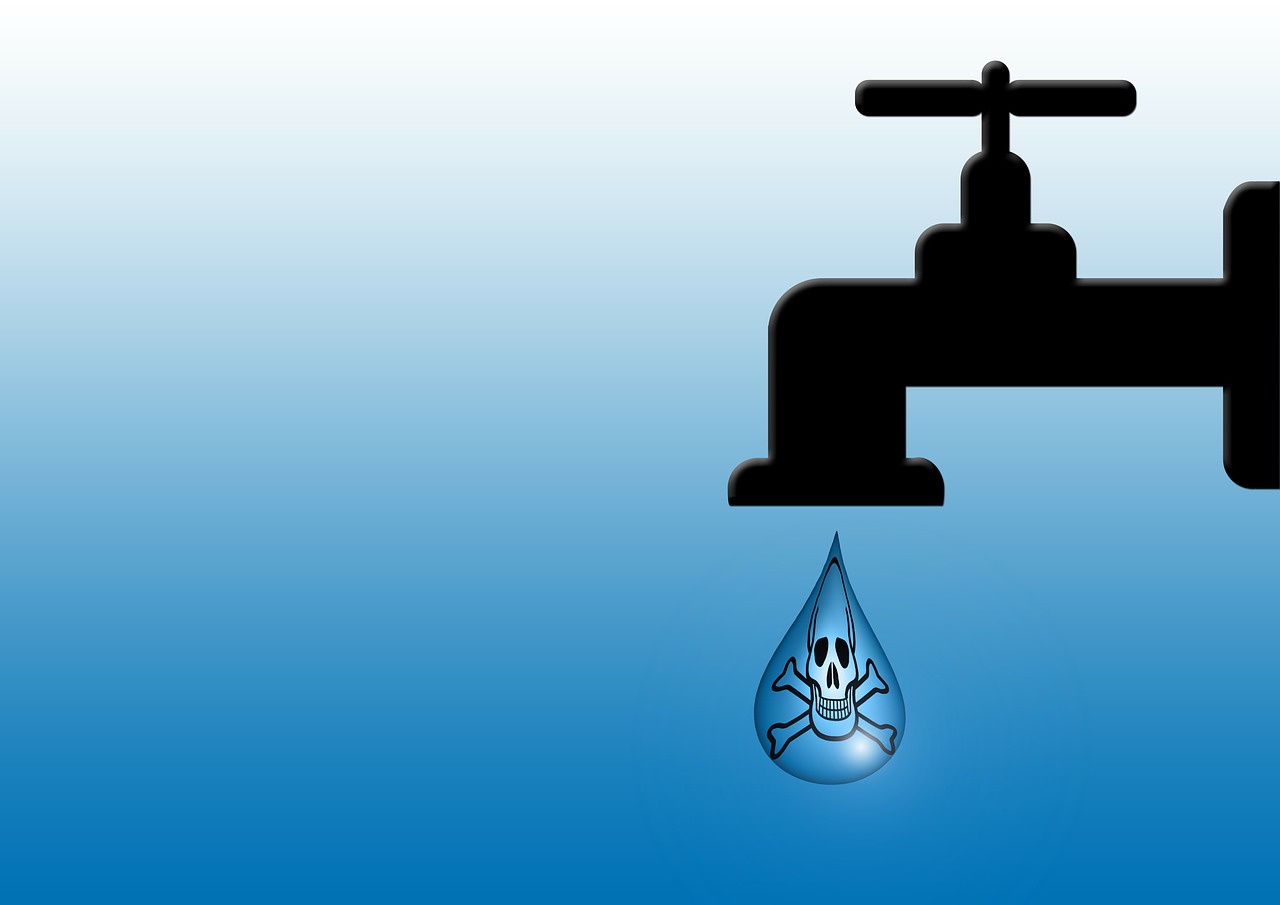A person with a qualifying condition related to Camp Lejeune’s contaminated water may be eligible for compensation if they served, lived, or worked there between 1953 and 1987.
Between 1953 and 1987, hundreds of thousands of military personnel lived on base at the United States Marine Corps Base Camp Lejeune in North Carolina. Unfortunately, unidentified contaminants in the water at Camp Lejeune between 1953 and 1987 resulted in exposure to the occupants on base. Over time, exposure to these contaminants in the water has resulted in many veterans and their families developing serious health-related issues.
Toxin-containing water was consumed by Marine Corps members and their loved ones who lived on base. Water was also used for bathing, cleaning, and cooking. As a result of their time at Camp Lejeune, many exposed veterans and their families have developed serious health problems, including cancer.
While the contaminated water at Camp Lejeune between 1953 and 1987 has been linked to cancer and other health conditions in service members and their families, many of their claims have been denied by the US Veterans Administration (VA). If a Marine Corps member or one of their family has been diagnosed with cancer, or any other health-related issue, after serving at Camp Lejeune between 1953 and 1987, they may be able to seek compensation, just like military personnel who have sought compensation for hearing loss caused by 3M earplugs.
What is Camp Lejeune?
Camp Lejeune is a Marine Corps base in North Carolina that was originally established in 1941. This long-time Marine Corps base was named after the 13th Commandant of the Marine Corps, John A. Lejeune after his death in 1942. This base encompasses over 150,000 acres of land used for training exercises with a specific emphasis on amphibious operations. Therefore, it’s easy to see why the base has over 11 miles of beach access.
Still active today, Camp Lejeune now has three state-of-the-art training facilities used for Military Operations in Urban Terrain. This base is currently home to around 170,000 active-duty personnel, retirees, and civilian personnel. Which makes it the largest Marine Corps base on the East Coast.
Camp Lejeune is also home to a military prison.
Health Conditions Directly Related to Water Contamination at Camp Lejeune
Multiple debilitating health conditions have been linked to contaminants in the water at Camp Lejeune between 1953 and 1987. These contaminants are known as Volatile Organic Compounds (VOCs). Many forms of cancer have been linked to trichloroethylene (TCE) and perchloroethylene (PCE), including bladder, breast, and kidney cancer, as well as non-Hodgkin’s lymphoma. A link has also been established between vinyl chloride and liver and lung cancers, as well as benzene and different types of leukemia. There are also numerous other debilitating conditions associated with exposure to Volatile Organic Compounds.
Health-related issues that have been linked to the contaminated water at Camp Lejeune can include, but are not necessarily limited to:

- Breast Cancer
- Female Infertility
- Hepatic steatosis (Fatty Liver Disease)
- Bladder Cancer
- Lung Cancer
- Kidney Cancer
- Leukemia
- Miscarriage
- Parkinson’s Disease
- Renal Toxicity
- Scleroderma
- Non-Hodgkin’s Lymphoma
- Neurobehavioral Effects
What is the Camp Lejeune Justice Act of 2022?
Congress introduced the Camp Lejeune Justice Act of 2022 on January 25, 2022. It is a bipartisan bill aimed at providing fair compensation for Camp Lejeune workers and residents who suffer from serious health problems as a result of the contamination of their water between 1953 and 1987. A law passed in 2012 was meant to help veterans and their families claim compensation for their Camp Lejeune-related health issues. However, a number of Veteran’s Administration claimants have had their claims wrongfully delayed or denied, which has caused further harm to them.
On March 3, 2022, the House of Representatives passed the Honoring our Promise to Address Comprehensive Toxins Act of 2021 (Honoring our PACT Act), which includes the Camp Lejeune Justice Act. Initially, the bill was denied by the Senate. As of August 2, 2022, however, the Senate passed the PACT act, which includes the Camp Lejeune Justice Act. Having passed, this bill will be sent to President Biden for signature. Once enacted, military personnel and their family members who lived, worked, or were exposed to contaminated water at Camp Lejeune in utero can file suit in the United States District Court to recover compensation for their medical bills and other claimed damages. As a result of the bill’s passage, thousands of people who previously lived or worked at Camp Lejeune will now be able to receive relief from toxic exposure.
A person with a qualifying condition related to Camp Lejeune’s contaminated water may be eligible for compensation if they served, lived, or worked there between 1953 and 1987. Contact an experienced camp lejeune attorney today to learn more about how they can assist you.


Join the conversation!